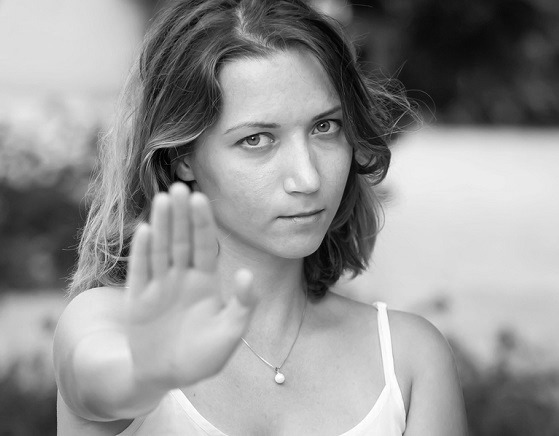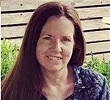Saying No: Lessons from the Fathers.

i.
My father asks to meet me.
I say not yet, I prefer to exchange letters first.
He sends one letter and then phones instead. He has made arrangements to come to the city where I live.
He is rich, he’ll send a car for me to come to his hotel.
I say no, I’d prefer to catch the train, keep to familiar things as much as possible in this strange situation I didn’t invite. He sends the car.
He asks me to come alone. I say no, I want to bring my then partner. When I get there, he sends my partner away.
I complain to the father who raised me that none of my wishes are being heard. He tells me I’m wrong, that I’m being selfish, that I should do what the stranger who is my flesh and blood wants.
He is rich, we must bow down.
Lesson learnt: I cannot say no. I had not one but two fathers to teach me this. It sets the tone for all relationships.
ii.
After the phone call, he has spent the rest of the night on the couch. I agonize over what I did wrong. The little girls inside me are wailing, terrified.
I quieten them, tell them the adult part of me will deal with this, show them the I statements I’ve prepared.
He is still lying on the couch. I ask him why with a calmness I don’t feel inside. He says when the phone rang in the middle of the night, he didn’t want to wake me. I know this isn’t true. The call woke me, then he talked so loudly.
At this point I don’t know he slept on the couch so he could drink. All I know is that although I only stay over one night a week, this is the third time in our still new relationship that he has slept on the couch instead of with me.
I summon an I statement: When you sleep down here, I worry that I’ve done something wrong. This is my history, I don’t blame him, but I want him to know.
He doesn’t respond directly. By now the little internal girls are deeply triggered — they remember. This means they have done something bad. They don’t know what. I am no longer able to console them.
Shakily, I try to summon all I’ve learned about healthy boundaries. I try to think how to manage my overwhelming anxiety responsibly, to own it instead of dumping it on him. I try another I statement, sharing how I feel when I’m repeatedly left alone without knowing why.
What I don’t know is that he’s keeping a secret, and that my repeated attempts to understand what feels to me like rejection appear to him as accusations.
The eruption is huge. There is yelling, blame, finger-pointing, nastiness. I tearfully request that he not speak to me this way and he tells me we’re done.
So I take my things, driving through tears to a friend’s place to try to make sense of what just happened.
I still have no idea that none of it was about anything I had done. It was about alcohol and secrets and denial. I thought it was about my inability to generate love and care in people.
It dawns on me that this is an abusive relationship, one I didn’t recognize till now because it felt so much like what I have already known.
It is one I can’t seem to break free from. Saying no has never been acceptable — it is synonymous with rude, selfish, not nice, wrong. I have spent my life trying to prove I am polite, selfless, nice, in order to feel safe. But I am not safe.
iii.
With the help of an army of friends and counselors and courses, I finally say it:
No.
One little word that takes three years of no contact for him to accept and finally let me go.
In that time, I discover that saying no to others means saying yes to myself. Saying this means:
Don’t get in the car. Don’t take the call. Don’t go alone. Catch the train. Object if your companion is asked to leave. Ignore the unwanted contact. Don’t try to understand, even if you are shaking in your shoes.
These are lessons to be unlearned, open ground to be reclaimed. If you can’t stop the dying leaves from falling on you, you can break off the branch.
***

Leanne Chapman is a psychologist specializing in the treatment of complex trauma arising from adverse childhood experiences. She is based in Australia’s Gold Coast, where she works with clients, runs online courses, and writes. She can be found on Facebook and Instagram, as well as her website.

